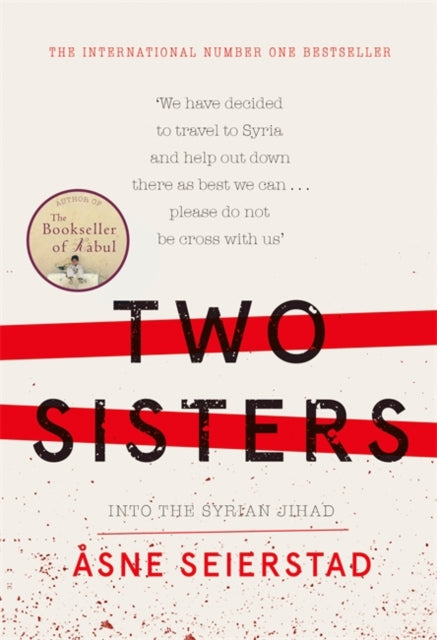
Two Sisters by Asne Seierstad
Åsne Seierstad’s new book begins in October 2013, on a normal enough day for the Jumas, a Norwegian-Somali family, said Anthony Loyd in The Times. They sat down together for breakfast in their Oslo flat; as she hurried off to school, 16-year-old Leila whispered “I love you, Dad” to her father, Sadiq. But that night, she and her 19-year-old sister Ayan set off for Syria, where they would join the caliphate, eventually marrying Islamic State fighters. In Two Sisters, Seierstad, a Norwegian journalist (and the author of The Bookseller of Kabul) tells their story, sketching their childhood and “gradual radicalisation”, along with their father’s attempts to retrieve them. Seierstad’s “dispassionate” style works well: this is a tale with “no need for literary flourish”. The book reveals much about the jihadist mindset, while also being a story that will speak to every parent of teenagers, worried about what their children get up to “behind their closed doors”.
Leila and Ayan were far from unique, said Christina Lamb in The Sunday Times. An estimated 550 women and girls from Western countries travelled to join the caliphate. In the sisters’ case, there were plenty of warning signs: both became members of the conservative youth group Islam Net; they insisted on wearing full niqabs; and they grew increasingly withdrawn and argumentative. Seierstad wasn’t able to talk to the sisters and so relies instead on their “ghostly messages on Facebook to their exasperated brother, complete with emojis”. Much of the narrative centres on their father, who heroically goes in pursuit of his daughters. Within days of their disappearance, he was on the Turkish border, negotiating with people smugglers. He subsequently entered Isis-controlled Syria, where he was imprisoned and tortured, and only just escaped with his life.
While all this was going on, the two sisters were sending “jaunty” emails to their family, boasting of their lives as jihadi brides, said Craig Brown in The Mail on Sunday. I generally believe that “to know all is to forgive all”, but “the more one knows of Ayan and Leila, the less the impulse to forgive them”. The last we hear of the sisters, they are still in Raqqa, luxuriating in the “free housing, washing machines and Sim cards provided by Isis”, said Kate Adie in the Literary Review. Meanwhile, Sadiq has finally come to accept that he may never see his daughters again. Two Sisters is a “credible and all too common story of our times”, told with great aplomb by a “formidable” journalist.
